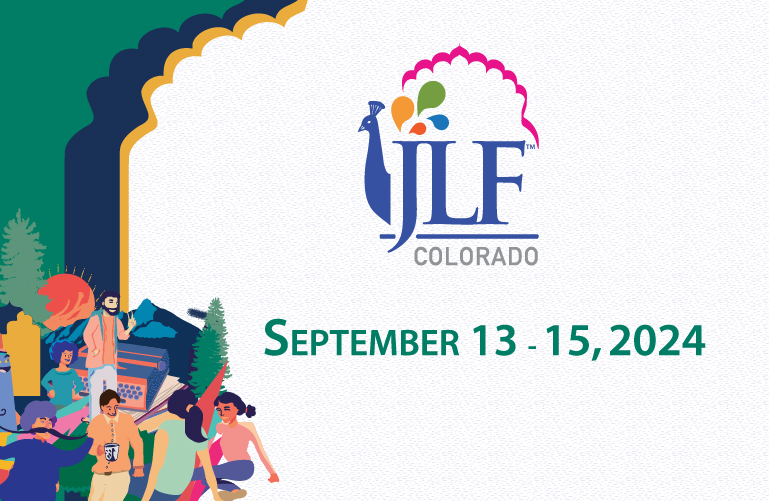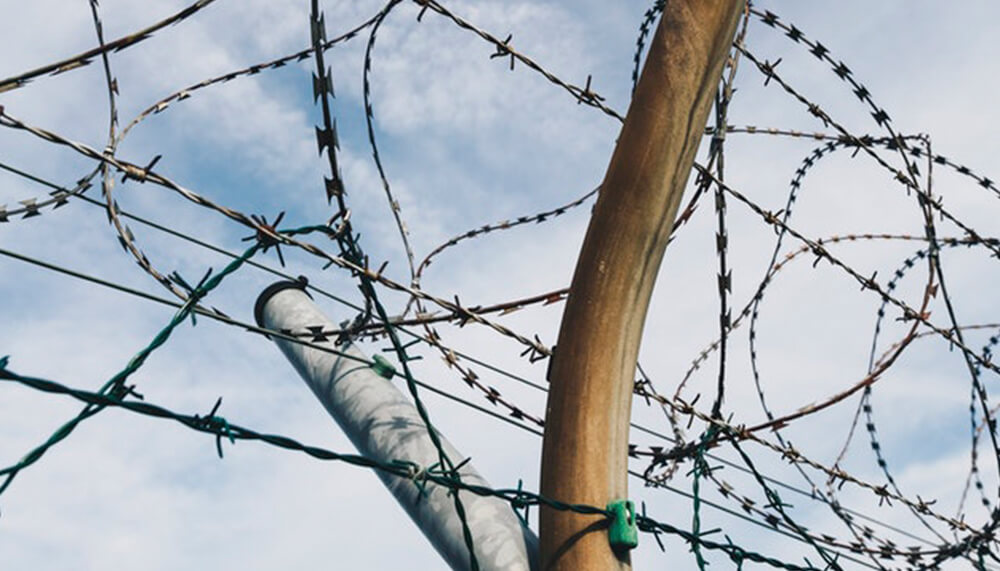


Of Borders and Bloodshed
The Oxford Dictionary defines the word “border” as “a line separating two countries, administrative divisions, or other areas”. But never in the history of the English language or in human memory, has there been a word more charged with complexity, tinged with bloodshed or more clouded by the weight of association. Just as countries evoke nationhood and nationalism, they breed identities within identities and walls within communities. And we fight to be parted, to be sectioned off from pre-established boundaries, to eke out a “new us”. What drives this intense and almost existential a craving perhaps remains modern civilization’s most undecipherable enigma. Religion has often been the greatest divider and yet is it religion alone which makes groups of people seek newer territories to be marked out for them?
As recent as in January 2019, a car bomb went off in Northern Ireland’s Derry, the site of much bloodshed during the decades of the Irish Troubles raging through the ’60s to the ’90s when the Provisional Irish Republican Army (IRA), believers of the Catholic faith, waged a violent insurgency and armed conflict against a range of the UK’s state forces. At its heart it was a fight between Northern Ireland’s resident Irish Catholics and Protestants.
The conflict, which took over 3600 lives, made an entire generation live under a thick pall of bloodshed, and formally ended with the Good Friday Agreement in 1998, left indelible fractures in Northern Ireland, the legacy of which still lives on as was evident in the car bomb that went off in January.
Twenty years after peace was declared, along came Brexit — and old grudges have come bubbling back to the surface and an uncertain peace is again under threat. This is a land which frankly has never been at peace: there is a bloody trail of history which prefaced the violence of the Troubles - beginning with the partition of Ireland in the early 20th century. In 1920, the British Parliament split Ireland into two entities: Northern Ireland and Southern Ireland. Each was given control, while remaining still very much firmly within the UK.
The Irish in the south however began a fierce war for full independence and a truce was reached in 1922 with the founding of the Irish Free State in former Southern Ireland. In 1949, against the aftermath WW2, the “Republic of Ireland” came into existence with the final wrenching off from Great Britain.
Northern Ireland chose to remain within the United Kingdom. An important fall-out of the Good Friday Agreement truce was actually greater cooperation between Northern Ireland and Ireland and a loosening up of the border between the two. The European Union, on its part, added to this feeling of genial expansiveness by making its rules on trade conducive for ease of business between the UK and Ireland. But what will happen once the UK formally gets out and the Irish border is the only land border between the UK and Europe? Will there be an “Irish backstop,” which will do away with physical check-posts for people and goods and enable a stress-free crossing over? Or will that not be the case? Will a “hard” border fan the fires of age-old conflicts?
It is this symbolic border which is centre stage in Northern Ireland author Garett Carr’s engrossing book, The Rule of the Land. Carr travels across the border, on foot and by boat, beginning from Carlingford Lough, heading finally to Derry in Northern Ireland and Donegal in Ireland.
Along the way, Carr grapples with stark borderland images of harsh landscapes, homes standing stunted under grey skies, abandoned customs posts, wandering cattle and trees which stand witness to history.
Reading about Ireland’s tryst with its “partition”, I marvel at the sentiments unleashed by yet another slicing off, thousands of miles away, in my own country, whose bloodied reverberations are still ripping the subcontinent apart.
The Partition of India which was done in 1947 was a price India paid to the British for her Independence. The country was divided into India and Pakistan involving the provinces of Bengal and Punjab; the idea behind the division, according to an imperfect mapping by the infamous Radcliffe Line, was to section off Muslim-majority areas to Pakistan. In reality, it was one of the most horrific periods of world history, comparable in its atrocities to the Holocaust and resulting in the loss of over two million lives. It ruptured livelihoods, businesses, families, neighbourhoods apart from dividing the army and the navy, the civil services and the treasury.
It also eventually created Bangladesh – formerly East Pakistan – which was cut away from the province of Bengal. Bangladesh’s creation, following a nine-month war of liberation, has its very own trail of nationalistic fervour and heart-wrenching violence.
In 1971, Pakistan’s military launched Operation Searchlight against Bangladeshi nationalist rebels under Sheikh Mujibur Rehman who led the Awami League and called for a separate Bengali state. What followed was a gruesome period of genocide and military suppression - in which, claims, a 2011 BBC News report, between 300,000 and 500,000 people were killed.
India joined this bloodied war-ground, sired in many ways by the Partition of 1947, in December 1971, after Pakistan’s air incursions into North India. The theatre of this 13-day war was both the sea and the sky. Pakistan surrendered in Dhaka on 16 December 1971. The dynamic Mujibur Rahman, Bangaldesh’s founding father, became the newly-formed Republic’s Prime Minister. The country, created with the sacrifice of so many lives, still lives under simmering political instability and clashes between its two political parties.
From one partition then, so many more endings and beginnings, birthing so much pain, and so many memories…Where else but in literature and art can there be catharsis? At JLF at British Library this June, the stark realities of borders and barbed wire will be discussed and dissected by Garrett Carr, author &journalist Susan McKay who has lived on both sides of the Irish border, former Indian diplomat and writer Navtej Sarna who has translated stories about India’s Partition in Savage Harvest and Salil Tripathi, currently Chair,PEN International’s Writers in PrisonCommittee, whose The Colonel Who Would Not Repent, charts the Bangladesh war and its unquiet legacy.

Leave a comment